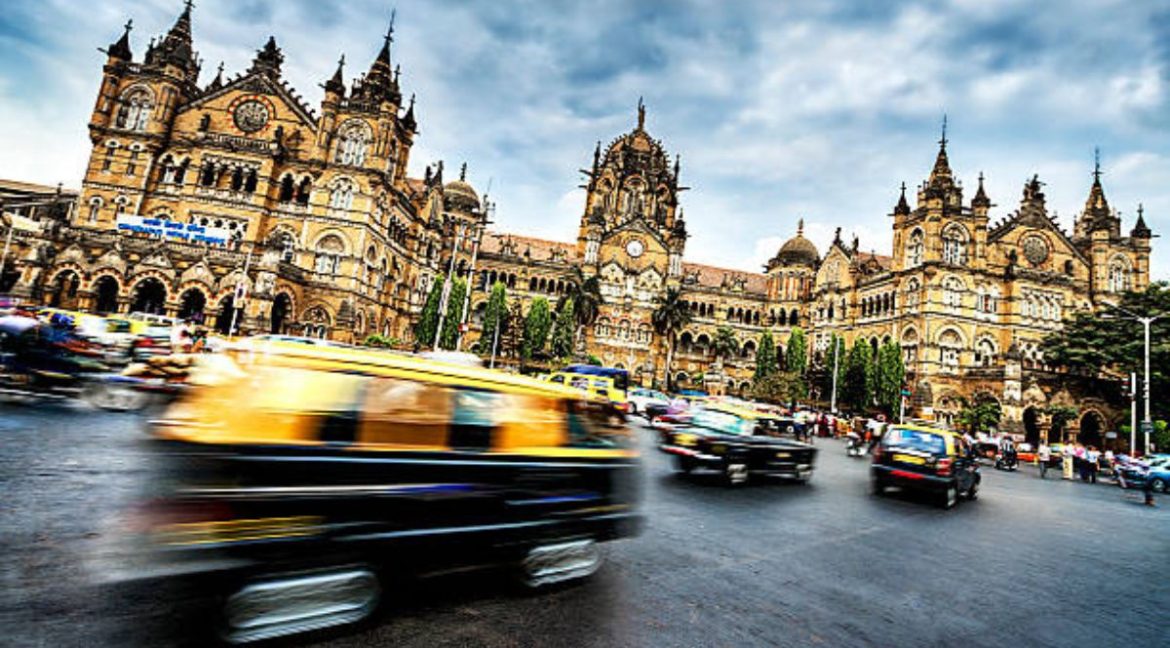Mumbai, the financial capital of India, is notorious for its traffic congestion and air pollution. The city has a population of over 20 million people, and it is estimated that there are more than 3 million vehicles on its roads. This has resulted in heavy traffic jams and pollution, which affects the health and well-being of its residents.
Electric vehicles (EVs) are a promising solution to this problem. In this blog, we will discuss the benefits of EVs and why they are the way forward for transportation in Mumbai.
What are electric vehicles?
Electric vehicles are vehicles that run on electric motors powered by rechargeable batteries. They produce no emissions and are therefore environmentally friendly. There are two types of EVs: battery electric vehicles (BEVs) and plug-in hybrid electric vehicles (PHEVs).
Benefits of electric vehicles
1. Environmentally friendly
EVs produce no emissions, making them an environmentally friendly option for transportation. This reduces air pollution, which is a major problem in Mumbai.
2. Cost-effective
EVs are more cost-effective in the long run compared to petrol or diesel vehicles. The cost of electricity is lower than the cost of petrol or diesel, and the maintenance cost of EVs is lower due to fewer moving parts.
3. Noise pollution reduction
EVs produce less noise compared to petrol or diesel vehicles, reducing noise pollution in the city.
4. Improved air quality
EVs have zero emissions and therefore contribute to improved air quality in the city. This can have a positive impact on the health and well-being of Mumbai’s residents.
Electric Vehicle Course In Mumbai
If you are interested in learning more about electric vehicles, you can take an Electric Vehicle Course in Mumbai. This course will provide you with the knowledge and skills required to work with electric vehicles, including the different types of EVs, their components, and maintenance. The course will also cover the basics of battery technology and charging infrastructure.
The way forward: why electric vehicles are the future of transportation in Mumbai
1. Government support
The Indian government has set a target of 30% electric vehicle adoption by 2030, which is a positive step towards reducing pollution and improving the environment. The government has also announced various incentives and subsidies for EV buyers and manufacturers, making EVs more accessible to the public.
2. Charging infrastructure
The availability of charging infrastructure is crucial for the widespread adoption of EVs. The government has announced plans to set up charging stations across the country, and private companies are also investing in charging infrastructure.
3. Lower operating costs
EVs have lower operating costs compared to petrol or diesel vehicles, making them a more cost-effective option in the long run. This makes EVs more attractive to consumers and will lead to increased adoption.
4. Improved technology
The technology used in EVs is constantly improving, making them more efficient and cost-effective. Battery technology, for example, is improving rapidly, with higher energy densities and faster charging times.
Conclusion
Electric vehicles are the way forward for transportation in Mumbai. They are environmentally friendly, cost-effective, and can contribute to improved air quality and reduced noise pollution in the city. With government support, the availability of charging infrastructure, lower operating costs, and improved technology, the adoption of electric vehicles in Mumbai is set to increase in the coming years.
If you are interested in working with electric vehicles, consider taking an Electric Vehicle Course in Mumbai. This course will provide you with the knowledge and skills required to work with electric vehicles and will equip you for a career in the growing EV industry.

